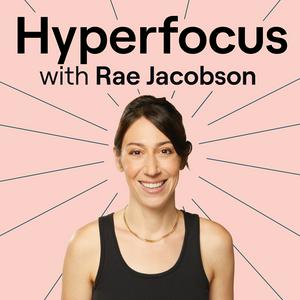When you think about someone taking a psychedelic drug like magic mushrooms, the first images that come to mind probably don’t involve a medical professional in a white coat or any sort of clinical setting. However, the perception of these drugs is changing as researchers and health professionals continue to learn new ways these drugs can treat a variety of mental health conditions. Much of the research has to do with microdosing, or taking such a small dose of a drug that it doesn’t produce a “trip.” One of the more commonly microdosed drugs is psilocybin, the naturally occurring psychedelic compound found in “magic mushrooms.” That led our small-but-mighty team at Hyperfocus to wonder, “What could this all mean for ADHD treatment?” So, we looked for someone who might know, and it led us to Dr. Richard A. Friedman. He’s a professor, psychiatrist, and director of the Psychopharmacology Clinic at Weill Cornell Medicine, Cornell University’s medical school. Richard has also written about his areas of expertise for The New York Times and is a contributing writer at The Atlantic. On this week’s episode of Hyperfocus, he sits down with mental health journalist Rae Jacobson to answer all her questions on microdosing, psychedelics as medicine, and what it could mean for ADHD and more. Related resourcesADHD alternative treatmentADHD treatment without medication: What are my options?Richard’s piece on microdosing in The AtlanticTimestamps(02:58) What is microdosing?(10:43) What do we know about ADHD and microdosing?(15:30) How do psychedelics work in the brain?(30:44) Richard’s hopes for future research and microdosingWe love hearing from our listeners! Email us at
[email protected].
Introducing “MissUnderstood,” the first-ever podcast channel for women with ADHD. Listen now: lnk.to/missunderstoodUnderstood is a nonprofit organization dedicated to empowering people with learning and thinking differences, like ADHD and dyslexia. If you want to help us continue this work, donate at understood.org/give

